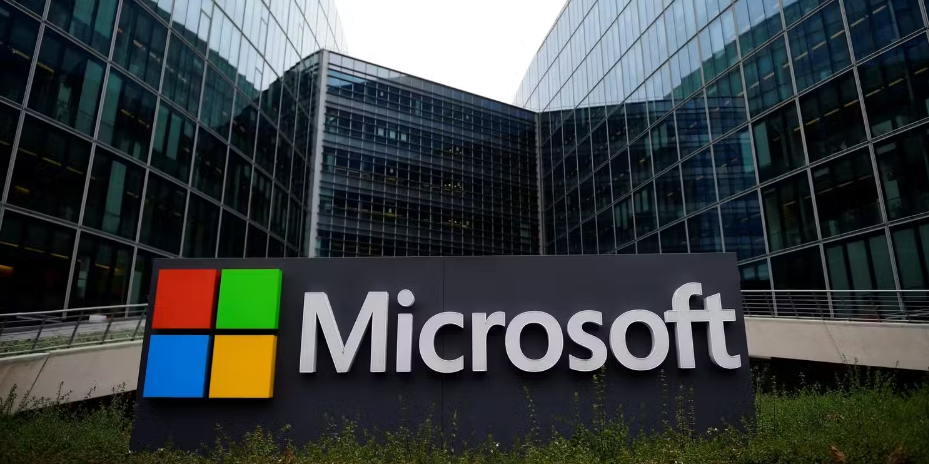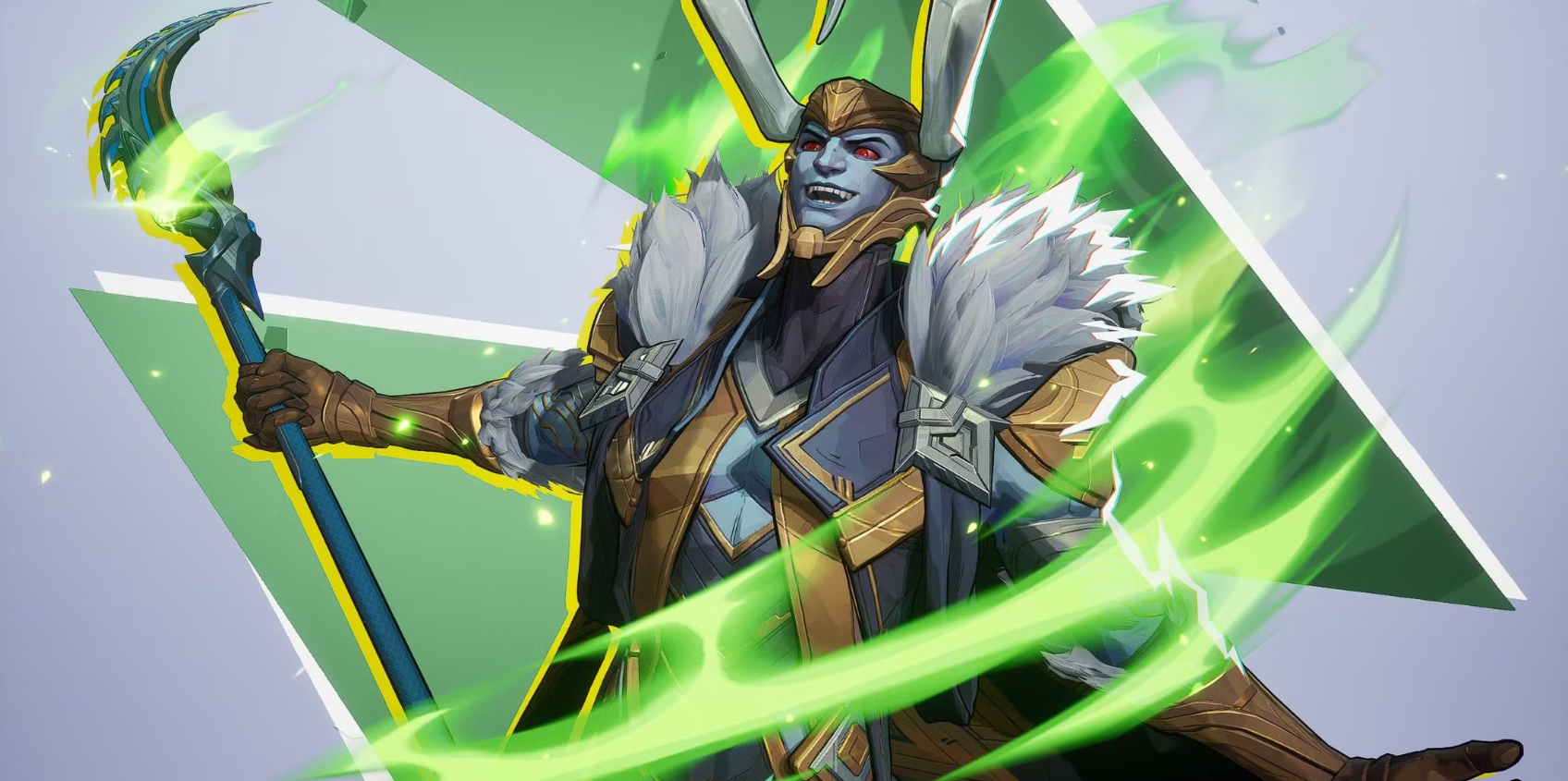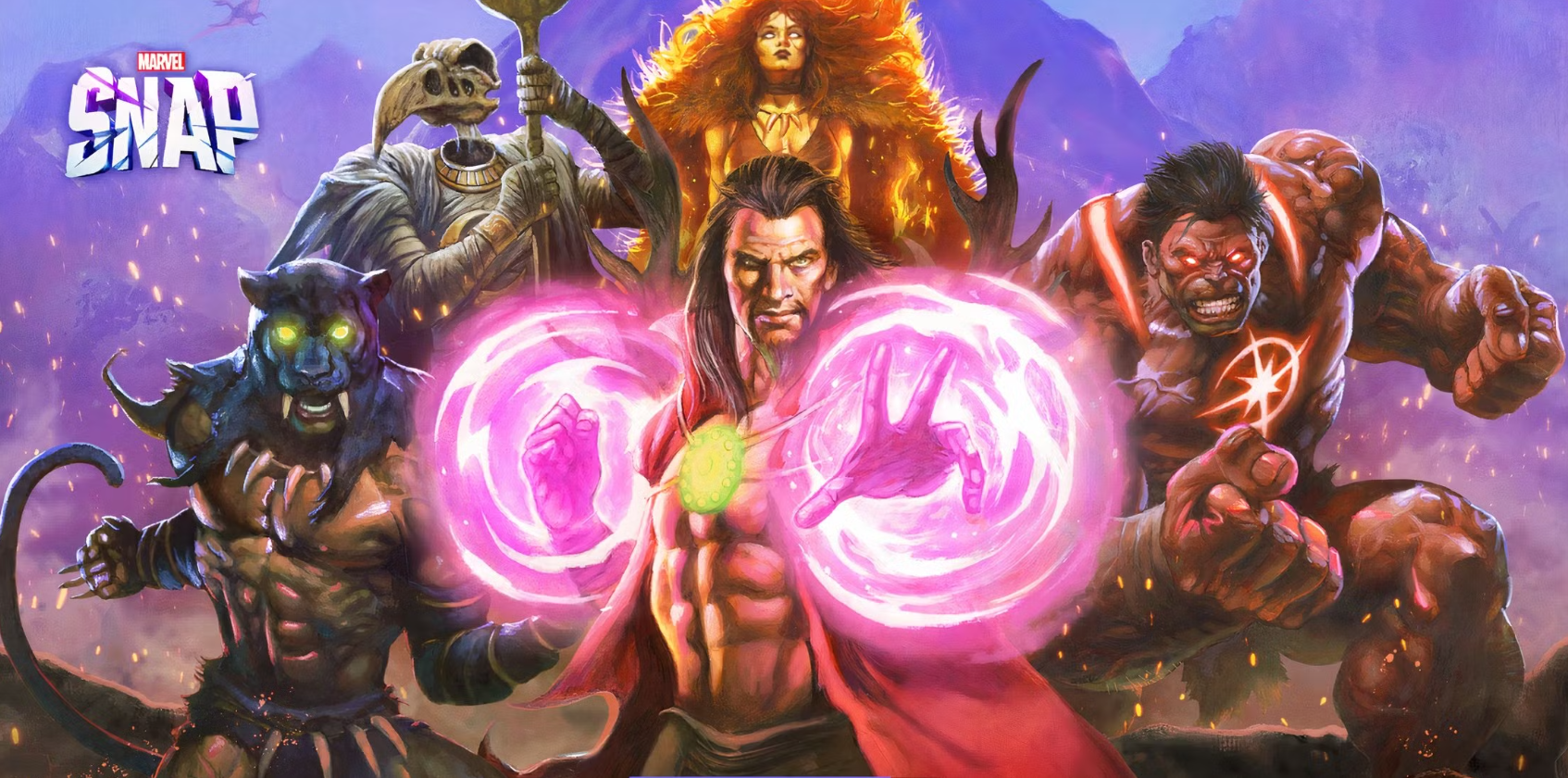Microsoft Responds to FTC’s Objections to Xbox Game Pass Pricing Increase

In 2017, the launch of Xbox Game Pass was met with some initial skepticism, but over time, players have come to see the service as a great value proposition for accessing a diverse library of games. The subscription-based model offered an appealing alternative to the traditional one-game-at-a-time approach, allowing gamers to explore a wide range of titles without the need to purchase each one individually. However, Microsoft’s recent changes to the Xbox Game Pass service have sparked controversy, not just among the gaming community, but also with the Federal Trade Commission (FTC), which has been closely monitoring the tech giant’s activities in the gaming division. The FTC has expressed concerns over Microsoft’s decision to raise the prices of the Game Pass subscription, seeing it as a potential anticompetitive move that could harm consumer choice and access to gaming content. Microsoft has now responded to the FTC’s pushback, aiming to address the regulator’s concerns while navigating the evolving landscape of the gaming industry. The company has emphasized that the price increase is a necessary step to ensure the long-term sustainability and continued investment in the Game Pass platform, which has become a crucial part of its gaming strategy.
In their response, Microsoft has highlighted the significant value that Game Pass provides to players, offering access to a vast library of games, including first-party titles, as well as the ability to play on multiple devices, including Xbox consoles, PCs, and mobile devices. The company has argued that the price increase is in line with the industry’s standard practices and is necessary to maintain the quality and breadth of content available through the service. Moreover, Microsoft has pointed to the continued growth and adoption of Game Pass, which has seen a steady increase in subscriber numbers over the years. The company has maintained that the service remains a competitive offering in the market, with pricing that is in line with or lower than other comparable gaming subscription services. As the FTC continues to scrutinize Microsoft’s actions, the company is likely to engage in further dialogue with the regulator to address its concerns and find a mutually acceptable solution. The outcome of this ongoing dispute could have significant implications for the gaming industry, as it may set precedents for how subscription-based services are regulated and priced in the future.
Table of Contents
Microsoft Addresses FTC Concerns over Xbox Game Pass Price Hike
Following Microsoft’s decision to raise the price of Xbox Game Pass, the move has been met with criticism from both fans and the Federal Trade Commission (FTC). The FTC has voiced its dissent, labeling the new version of the subscription service as a “degraded product.” Microsoft is removing the $10.99 per month Console Game Pass tier and leaving customers with the more expensive $19.99 Game Pass Ultimate tier or the new $14.99 Game Pass Standard tier as the options. The FTC believes the Game Pass Standard tier is a “degraded product” as it removes many of the games that customers were drawn to the service for, while also allegedly harming customers through an overall price increase. In response, Microsoft has defended its decision to implement the price hikes, calling the FTC’s letter on the matter “misleading” and asserting that the FTC’s judgment is incorrect. The tech giant argues that the Game Pass Standard tier is not a “degraded” version of the product because it still includes multiplayer functionality. However, many have pointed out that the initial Game Pass Ultimate tier, which included multiplayer at a price of $14.99, has now been replaced by the $19.99 Standard tier, leading to confusion over Xbox’s rationale that this is not a worse deal for customers.
This dispute between Microsoft and the FTC comes against the backdrop of Microsoft’s nearly $70 billion acquisition of Activision Blizzard and King. The FTC has already signaled its disapproval of these deals, suggesting that the merger could be anticompetitive and ultimately harm smaller businesses within the market as well as consumers. The FTC’s concerns over the Game Pass price hike and the Activision Blizzard acquisition reflect a broader trend of increased scrutiny on tech giants’ activities in the gaming industry. Regulators around the world have been closely monitoring mergers and acquisitions, as well as changes to subscription services, to ensure that these moves do not stifle competition and harm consumer choice.
For Microsoft, navigating this regulatory landscape has become a crucial part of its gaming strategy. The company has argued that the Game Pass price increase is necessary to maintain the quality and breadth of content available through the service, and that the acquisition of Activision Blizzard will strengthen its ability to deliver high-quality gaming experiences. However, the FTC’s pushback suggests that the regulator is not fully convinced by Microsoft’s arguments. The FTC has expressed concerns that the Game Pass price hike and the Activision Blizzard acquisition could lead to a situation where Microsoft’s gaming division becomes too dominant, potentially squeezing out smaller competitors and limiting consumer choice.
As the dispute continues to unfold, both Microsoft and the FTC will need to present their case more convincingly to the public and to policymakers. The outcome of this battle could have far-reaching implications for the gaming industry, shaping the future of subscription-based services, mergers and acquisitions, and the overall competitive landscape. On one side, Microsoft argues that the Game Pass price hike and the Activision Blizzard acquisition will ultimately benefit consumers by enabling the company to invest more in game development, content, and innovation. The tech giant maintains that the increased prices are in line with industry standards and are necessary to sustain the service’s growth and long-term viability. On the other hand, the FTC’s concerns reflect a growing unease among regulators about the potential for tech giants to wield outsized influence in the gaming market. The FTC’s stance suggests that it is willing to take a more assertive stance in protecting consumer interests and promoting a level playing field for all industry players.
This dispute is just one example of the broader tensions that are emerging between tech companies and regulators in the gaming industry. As the industry continues to evolve, with the rise of cloud gaming, subscription services, and cross-platform play, the need for a robust regulatory framework that balances innovation, competition, and consumer protection is becoming increasingly apparent. Ultimately, the outcome of this dispute between Microsoft and the FTC could set important precedents for how gaming subscription services and mergers and acquisitions are evaluated and regulated in the future. Both sides will need to make their case persuasively, as the stakes are high not only for the companies involved but also for the millions of gamers around the world who rely on a healthy and competitive gaming ecosystem.
Microsoft Counters FTC Comments
A lot has certainly changed since those early disputes between Microsoft and the FTC over the Activision Blizzard acquisition. To the dismay of some regulators, Microsoft ultimately emerged victorious, clinching the nearly $70 billion deal with a triumphant trailer announcement in 2023. But it seems the tech giant still can’t quite escape the watchful eye of the FTC. Gamers have been quick to point out that some of the FTC’s initial concerns appear to be coming to fruition now that the merger has been finalized. Microsoft has apparently wasted little time wielding its newfound market power, as several smaller game studios have reportedly been forced to shutter because the tech giant deemed them no longer commercially viable. These closures have left many independent developers feeling unsettled, fearing that Microsoft’s dominance could make it increasingly difficult for smaller players to survive in the cutthroat gaming landscape. Even Bethesda, one of Activision Blizzard’s flagship studios, has seen its workers begin to unionize and push for better labor practices. It’s a development that many see as a direct consequence of Microsoft’s growing influence in the industry. Employees have expressed concerns over working conditions, compensation, and a perceived lack of autonomy under the tech giant’s ownership. The rise of unionization efforts at Bethesda signals that Microsoft’s acquisition may have broader implications for the treatment of gaming industry workers.
To be fair, Xbox has continued to defend its business moves, arguing that the changes are necessary to sustain the quality and breadth of its gaming offerings. The company has maintained that its strategy is focused on delivering the best possible experience for consumers, whether that means consolidating its portfolio or adjusting pricing for its subscription services. But the FTC remains unconvinced, continuing to make what many consider to be compelling cases against Microsoft’s conduct. The regulator has expressed concerns that the tech giant’s growing influence could stifle competition, limit consumer choice, and ultimately harm the overall health of the gaming industry.
It’s a complex and evolving situation, to be sure. The outcome of this ongoing clash between the tech titan and the government regulator could have far-reaching implications, not just for Microsoft, but for the entire gaming landscape. Gamers, industry observers, and policymakers alike will be watching closely to see how it all unfolds. One potential scenario is that the FTC could take more aggressive action, such as attempting to block future mergers and acquisitions involving Microsoft or even seeking to break up the company’s gaming division. Such a move would undoubtedly be met with fierce resistance from the tech giant, setting the stage for a protracted legal battle that could reshape the industry.
Alternatively, Microsoft could seek to appease the FTC and other regulators by making concessions, such as committing to more stringent oversight of its business practices or promising to maintain a level playing field for smaller competitors. This could help to ease the regulatory pressure, but it may also require the company to scale back some of its more ambitious plans for dominating the gaming market. Regardless of how the situation plays out, it’s clear that the relationship between Microsoft and the FTC will continue to be a closely watched and intensely scrutinized one. The stakes are high, not just for the two parties involved, but for the millions of gamers and industry professionals who rely on a healthy, competitive gaming ecosystem. The outcome of this clash could set the tone for how tech giants are regulated in the years to come, with far-reaching implications for the future of the gaming industry.




